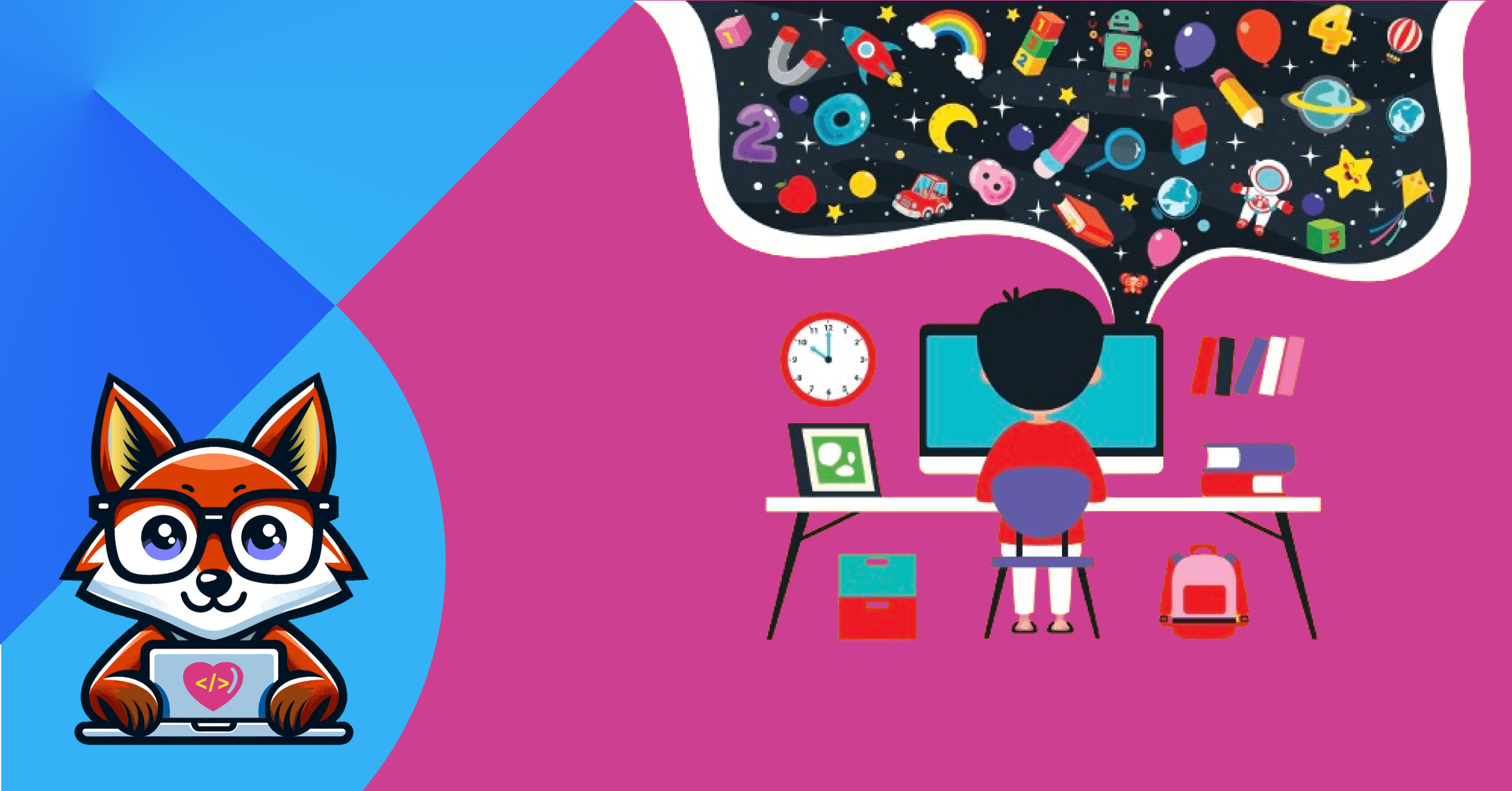Nurturing Young Minds: The Significance of Kids Coding - CoderPals
By Coderpals

In today's digitally-driven world, coding has emerged as a crucial skill, and its importance extends beyond the realm of professional software development. Teaching kids to code is not just about preparing them for future careers in technology but instilling a set of valuable skills that will benefit them in various aspects of their lives. Let's dive into the reasons why introducing coding to kids is so important:
Fostering Problem-Solving Skills
Coding is essentially the art of problem-solving. When children engage in coding activities, they learn how to break down complex problems into smaller, more manageable parts. This skill is transferable to various areas of life, teaching them to approach challenges with a logical and systematic mindset.
Enhancing Creativity
Coding is a creative endeavor that allows kids to bring their ideas to life. Whether they are designing a game, creating animations, or developing a website, coding empowers them to express their creativity in a tangible and interactive way. This process of turning imagination into reality is a powerful tool for fostering innovation.
Building Logical Thinking
Coding is built on a foundation of logic. As kids learn to code, they develop logical thinking skills, understanding cause and effect relationships. This logical mindset not only aids them in coding but also translates into better decision-making in everyday situations.
Preparing for the Digital Future
We live in an age where technology is omnipresent. Teaching kids to code equips them with the skills needed to navigate and understand the digital landscape. Regardless of their future career paths, a basic understanding of coding is becoming increasingly valuable in our technology-driven society.
Encouraging Perseverance and Resilience
Coding involves trial and error. Kids learn that not every line of code will work perfectly the first time, and that's okay. This iterative process teaches them perseverance, resilience, and the importance of learning from mistakes—a valuable lesson applicable throughout life.
Promoting Computational Thinking
Coding instills computational thinking—a problem-solving process used by computer scientists. This involves breaking down a problem, recognizing patterns, and developing step-by-step solutions. These thinking skills are foundational not only in coding but also in scientific and mathematical disciplines.
Opening Doors to Future Opportunities
With the rise of technology, the demand for individuals with coding skills continues to grow. By introducing coding early on, we open doors to future opportunities for our kids. Whether they pursue careers in technology or not, coding literacy enhances their adaptability in an ever-changing job market.
Creating a Positive Relationship with Technology
Understanding how technology works demystifies it for kids, creating a positive relationship with the devices they use daily. Instead of being passive consumers, coding empowers them to be creators and innovators, shaping the digital world around them.
Encouraging Collaborative Learning
Coding often involves collaboration and teamwork. Kids working on coding projects learn to share ideas, solve problems collectively, and appreciate diverse perspectives. These collaborative skills are invaluable in both academic and professional settings.
Instilling a Growth Mindset
Coding encourages a growth mindset, where challenges are seen as opportunities to learn and improve. As kids overcome coding obstacles, they develop a belief in their ability to learn and grow, a mindset that extends beyond the realm of coding.
Teaching kids to code is an investment in their future, providing them with a set of skills and perspectives that extend far beyond the boundaries of programming. By embracing coding education, we empower our children to become critical thinkers, creative problem-solvers, and confident individuals ready to thrive in the digital era.
